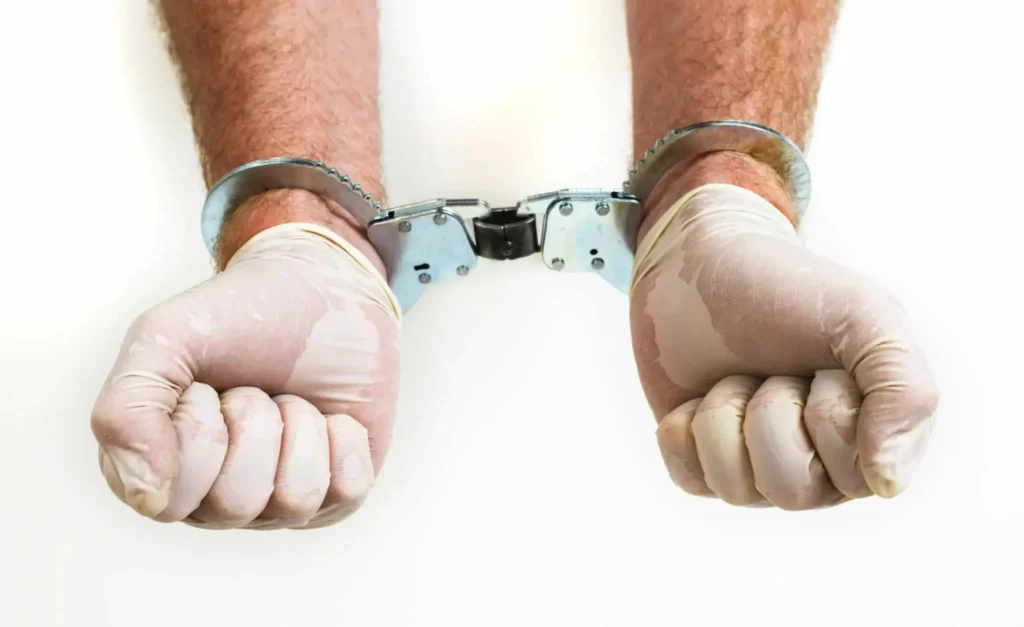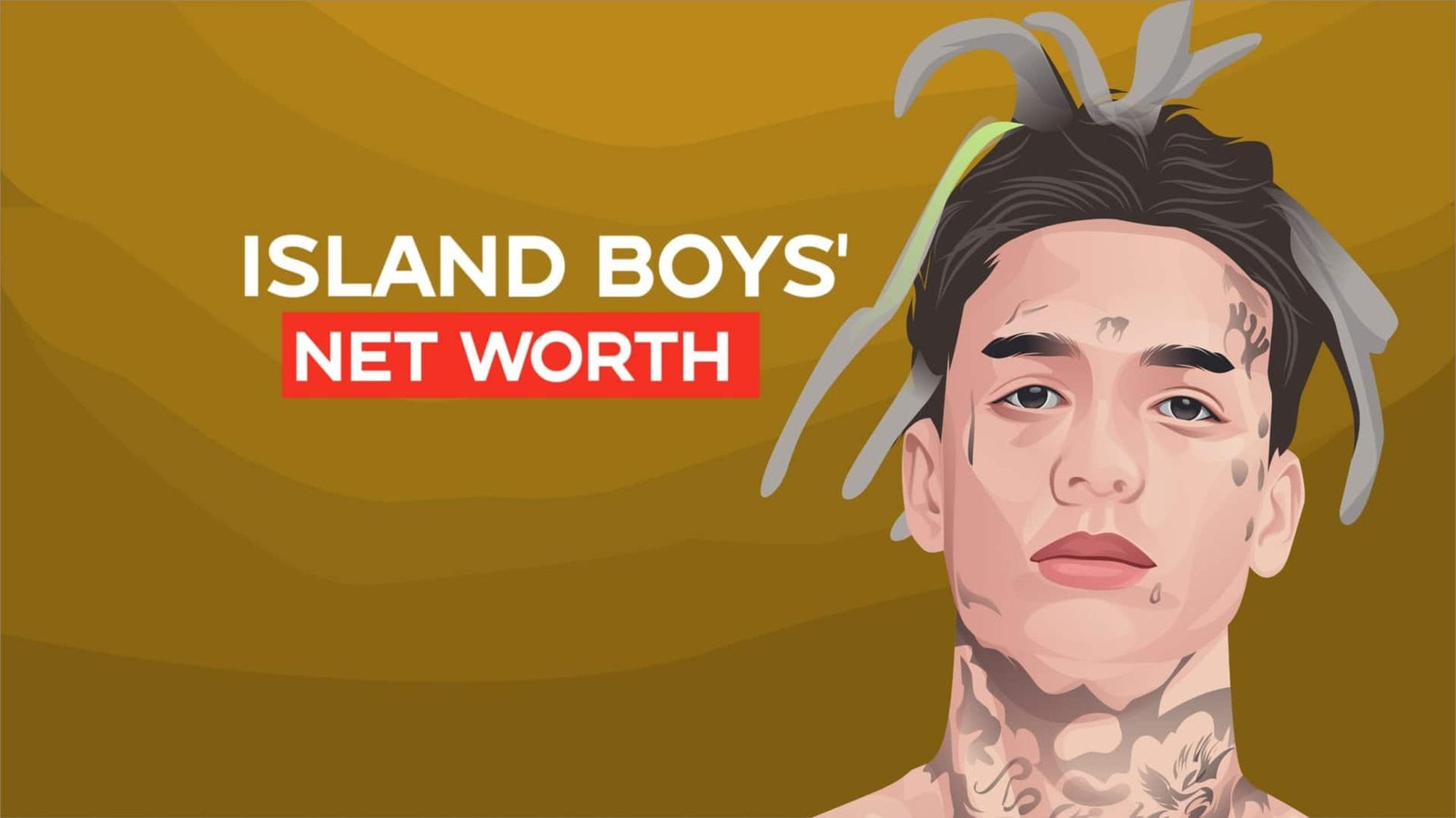In the lively beach front city of Post Myers, Florida, the capture of a very much regarded doctor has created a shaded area over the clinical local area. Dr. Aaron Wohl arrested, a figure once prestigious for his skill and devotion to patients, presently winds up at the focal point of an embarrassment set apart by charges of hijacking, battery, and monetary unfortunate behavior. With each stunning subtlety that arises, the local area should wrestle with the unmistakable difference between the regarded proficient they assumed they knew and the allegations presently brought against him.
The Mysterious Disappearance of Trust
Dr. Wohl’s capture was not just an individual or expert mishap — it was a seismic occasion that reclassified the trust between a specialist and their local area. The lawbreaker allegations, which incorporate reports of a patient kidnapping and monetary indecencies, broke the view of a recuperating hand, uncovering rather a huge number of allegations that, whenever validated, would discolor Wohl’s heritage and bring up disrupting issues about the medical services framework’s underside.
For the numerous patients who rushed to Dr Aaron Wohl arrested consideration, his capture impelled a significant feeling of treachery. In the clinical circle where trust is critical, such charges slice to the center of the patient-doctor relationship. The capture highlights the sensitive idea of confidence in medical care, how it’s procured through long stretches of die hard loyalty, and how quickly it can disappear despite outrage.
The Divided Loyalties in the Wake of Accusations
The community response to Dr. Aaron Wohl arrested has been far from unanimous. His network of colleagues and patients staunchly defends his character, citing his long history of service and the seemingly incongruous nature of the allegations. Many are willing to discern a more complex truth, one that is not entirely captured by the accusations of prosecutors.
On the other hand, a segment of the community shares a different perspective—voicing personal experiences and grievances that had been previously brushed aside. They now see the charges against Dr. Wohl as validation of long-standing suspicions. These divisions in loyalty serve as a poignant reminder that reputation, while crucial, is both fragile and subjective.
Legal Proceedings and the Quest for Clarity
The unfolding legal process serves as a barometer for the community, a means to determine the veracity of the allegations and, more crucially, the just and correct application of justice. Dr. Wohl’s legal team robustly contests the charges, asserting his innocence and working tirelessly to clear his name and reputation.
The quest for clarity is underway, but as with any high-profile legal case, the process is slow and intricate. Opinions, alliances, and perceptions continue to shift as the case progresses, illustrating the human tendency to seek a definitive truth that may not always exist.
The Lasting Impact on Public Trust and Medical Ethics
Whatever the outcome of the legal proceedings, the case of Dr. Aaron Wohl leaves an indelible mark on the Fort Myers’ medical community, influencing not only the fate of a single physician but also the wider public’s trust in the healthcare system. Medical ethics—which provide the moral framework for the healthcare profession—face close scrutiny in the aftermath of this high-profile arrest.
The instance of Dr. Aaron Wohl prompts thoughtfulness inside the medical care local area, requiring a reexamination of expert direct and the viability of the frameworks set up to screen and support moral guidelines. It fills in as a sobering update that moral omissions, whenever saw as evident, can crush the vocations of even the most venerated experts and highlights the aggregate liability to keep up with the best expectations of care.
Conclusion: The Community’s Quest for Closure
The community’s healing process, much like that of the patients Dr. Aaron Wohl once treated, will be gradual and multifaceted. It involves not only a legal resolution but a collective coming to terms with the complex truth that lies behind the headlines. The impact of this arrested on public trust, medical ethics, and the integrity of healthcare providers extends beyond the individual at its center—it is a rallying cry for transparency and the vigilant pursuit of integrity in every aspect of the profession.
For the time being, Post Myers remains at a convergence of public discernment and individual experience, exploring the repercussions of an outrage that has tested the actual groundworks of trust. Through steadfast obligation to reality and the continuous devotion to moral practice, the local area will fashion a way ahead, one that protects the holiness of the patient-doctor relationship and restores confidence in the mending specialty of medication.



